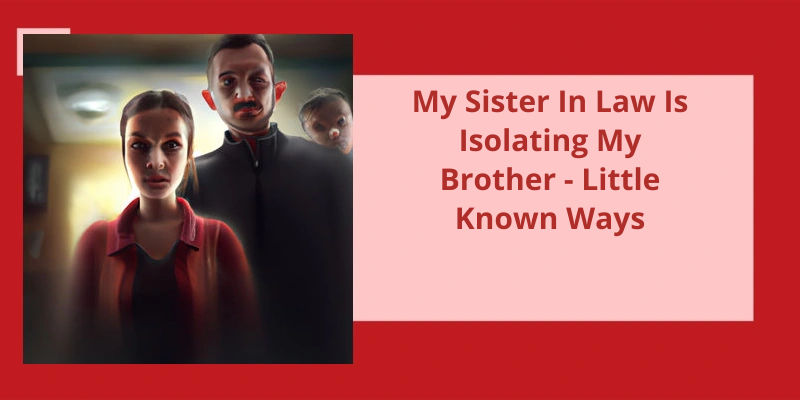What Does It Mean to Bottle Things?
Bottling things up is a common phrase used to describe the act of suppressing or repressing emotions, thoughts, or feelings. When someone bottles things up, they’re essentially keeping their emotions or issues to themselves instead of expressing them openly. This can lead to a buildup of internal pressure and can have negative consequences on an individuals mental and emotional well-being.
Bottling things up can manifest in various ways. Some people may choose to bottle up their emotions to avoid confrontation or to maintain a sense of control over their emotions. Others may do it out of fear of being judged or rejected by others. Regardless of the reasons, bottling things up can be detrimental to ones overall mental health and can lead to feelings of anxiety, stress, and even physical ailments such as headaches or stomachaches.
When emotions are bottled up, they tend to fester and become more intense over time. Suppressing feelings can create a vicious cycle, where the individual feels compelled to continuously bury their emotions deeper, leading to an escalating sense of unease. This can eventually result in emotional eruptions or breakdowns when the pressure becomes too much to handle.
In order to address the negative impacts of bottling things up, it’s important to find healthy outlets for self-expression. This can include talking to a trusted friend, family member, or therapist, engaging in creative activities such as writing or drawing, or practicing mindfulness and self-reflection. By acknowledging and expressing emotions in a constructive manner, individuals can begin to release the pressure and find emotional relief and healing.
Different Cultural Perspectives on Expressing Emotions and the Stigma Around Bottling Things Up.
- Emotional expression varies across different cultures
- Some cultures encourage open and direct expression of emotions
- Others may value restraint and discourage outward displays
- Stigma is often attached to bottling up emotions in certain cultures
- In some cultures, expressing vulnerability is seen as a sign of weakness
- Fear of judgment or social ostracism can lead to emotional suppression
- The impact of cultural perspectives on mental health and well-being
- Interactions with individuals from diverse cultural backgrounds
- Learning to understand and respect different cultural norms around emotions
- Promoting open dialogue and destigmatization of emotional expression
Conclusion
In conclusion, holding in our thoughts and emotions can have significant consequences on our mental, emotional, and physical well-being. This essential guide has delved into the various effects of bottling up our feelings, ranging from increased stress levels to strained relationships and adverse health outcomes. By acknowledging and expressing our emotions in healthy ways, we can foster personal growth, enhance communication, and develop stronger connections with others. It’s imperative to prioritize our mental and emotional well-being by embracing vulnerability, seeking support, and engaging in self-care practices. Remember, bottling things up may seem like an easy solution in the short term, but the long-term impact on our overall happiness and fulfillment is too significant to ignore.






